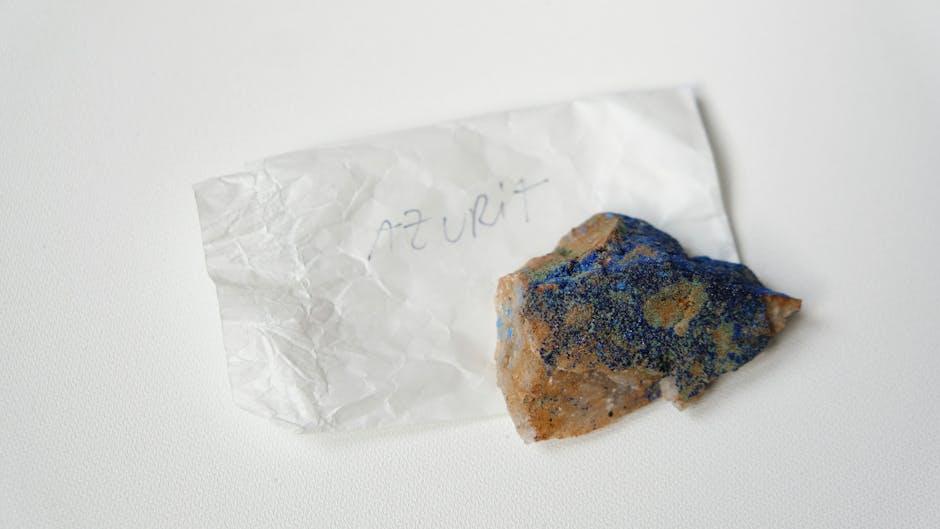Dungeons & Dragons (D&D) is a tabletop role-playing game that was first published in 1974. It quickly gained popularity and became a cultural phenomenon in the 1980s and early 1990s. However, as video games and other forms of entertainment took center stage, the game somewhat faded from the public eye. But now, D&D is experiencing a resurgence and has once again become a household name.
One of the main reasons behind the game’s renewed popularity is its adaptation to the digital age. With the rise of online gaming and social media, D&D has found a new platform to connect with players and fans around the world. Platforms like Roll20 and Fantasy Grounds allow players to gather virtually and play D&D remotely, eliminating the need for physical meetups. This accessibility has opened up the world of D&D to a wider audience, including those who may have been intimidated by the complexity of the game in the past. Additionally, websites like D&D Beyond provide digital tools and resources to enhance the gaming experience, making it easier than ever to join in the fun.
Another factor contributing to the game’s resurgence is the increased visibility in popular culture. In recent years, several television shows, movies, and podcasts have featured D&D prominently. Shows like “Stranger Things” and “The Big Bang Theory” have introduced a new generation to the game, sparking interest and nostalgia for older fans. Celebrities like Vin Diesel, Joe Manganiello, and Deborah Ann Woll have been vocal advocates for D&D, sharing their love for the game with their massive fan bases. Additionally, podcasts like “The Adventure Zone” and “Critical Role” have gained immense popularity, showcasing entertaining and immersive D&D campaigns that have captivated millions of listeners.
Furthermore, the game has seen a surge in popularity due to the collaborative and creative nature of its gameplay. Unlike traditional video games, D&D allows players to craft their own adventure and create unique stories with their fellow players. The game encourages imagination, problem-solving, and teamwork, offering a refreshing break from the passive consumption of media that has become so prevalent in society. This aspect of D&D appeals to a wide range of people, from casual gamers seeking a social experience to seasoned players looking for an outlet to unleash their creativity.
The resurgence of D&D has also fostered a strong and inclusive community. The game has become a platform for people to connect and make friends, whether it be online or in-person at gaming stores, conventions, or through local gaming groups. D&D has proven to be a great way to build relationships and bond with others who share a common interest. Moreover, the game’s commitment to diversity and inclusivity has made it more welcoming to players of all backgrounds, genders, and abilities. Players can create characters that reflect their individual identities and find a supportive community that celebrates their uniqueness.
In conclusion, Dungeons & Dragons has once again become a household name, thanks to its adaptation to the digital age, increased visibility in popular culture, collaborative gameplay, and inclusive community. The game’s resurgence has brought it back into the mainstream and attracted a new generation of fans. Whether played online or around the living room table, D&D continues to captivate and inspire players of all ages, reminding us of the power of imagination and the joy of shared storytelling.
Hey Subscribe to our newsletter for more articles like this directly to your email.
